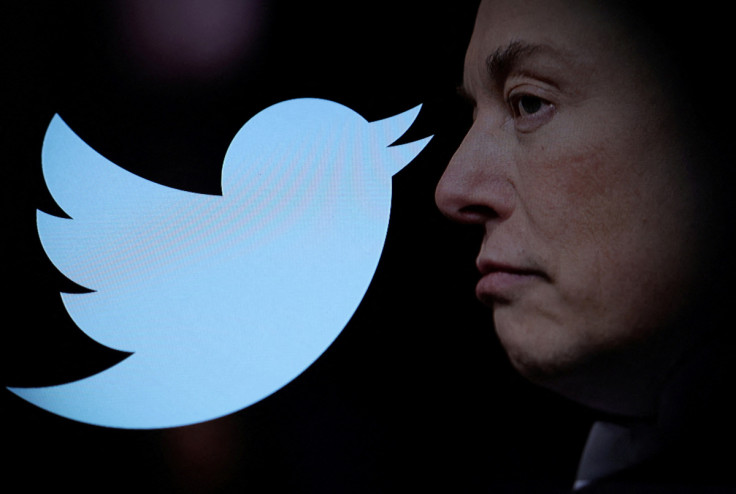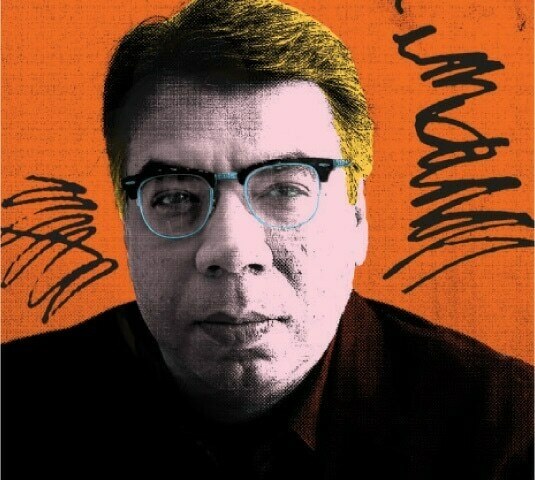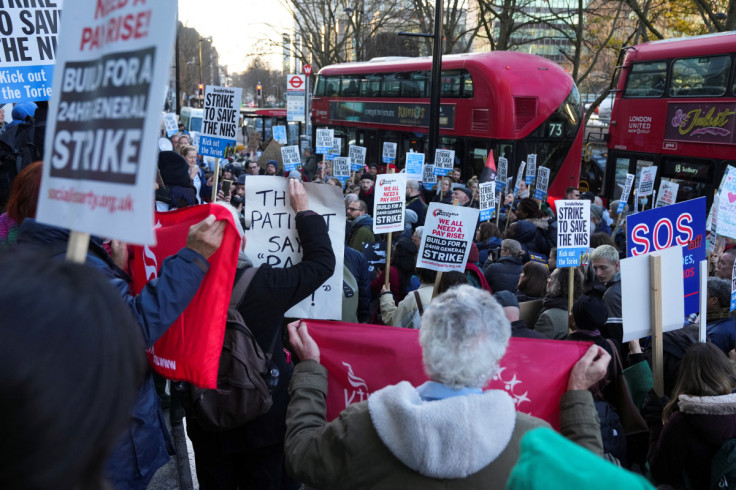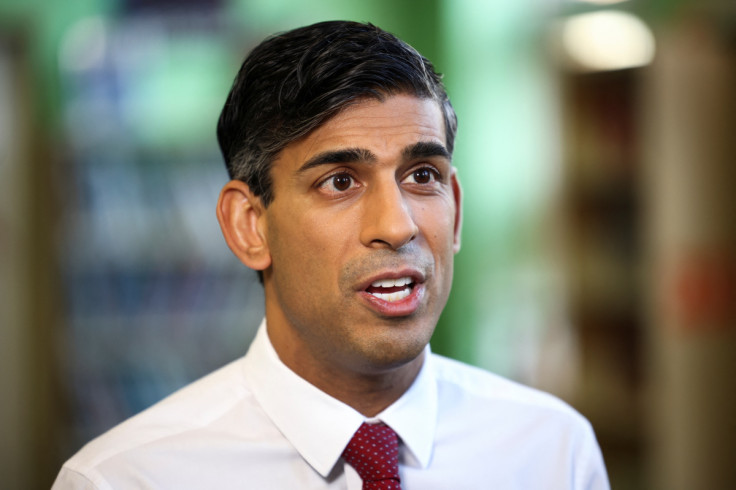By Danielle Ong
01/08/23

KEY POINTSThe severance package only gave workers a month's worth of base pay
Workers were not given their prorated performance bonuses
Former employees are being called to forfeit any future stock payouts they are entitled to
Twitter employees who were laid off by new owner Elon Musk have recently received their official severance packages, according to a report.
In November, Musk tweeted that those affected by the job cuts — about three-fourths of the company's 7,500-strong workforce — would receive at least "3 months of severance, which is 50% more than legally required."
The workers, however, only received a month's worth of base pay as severance. Former Twitter employees were not given their prorated performance bonuses. In addition, only a select number of employees received COBRA or funding for health care continuation, Fortune reported, citing the severance materials it has viewed.
"I mean I expected him to f**k us (he did)," a laid-off employee wrote to the outlet. "This is about 1/3 of what he contractually owes us based on his purchase agreement."
In the terms of Musk's deal to purchase the social media platform, Twitter obligated him to provide a severance package "no less favorable" than what was promised by its prior leadership, according to a Securities and Exchange Commission filing.
The previous Twitter leadership offered employees at least two months' worth of severance pay as well as prorated performance bonuses, extended visa support, money for healthcare continuation and the cash value of equity that would vest within three months, as reported by the Los Angeles Times.
Apart from the paltry compensation, emails about the severance package are being marked as spam. Twitter employees who received their severance agreements are also being instructed to log in to a domain operated by CPT Group set up about five hours before the emails were sent out.
"I mean I expected him to f**k us (he did)," a laid-off employee wrote to the outlet. "This is about 1/3 of what he contractually owes us based on his purchase agreement."
In the terms of Musk's deal to purchase the social media platform, Twitter obligated him to provide a severance package "no less favorable" than what was promised by its prior leadership, according to a Securities and Exchange Commission filing.
The previous Twitter leadership offered employees at least two months' worth of severance pay as well as prorated performance bonuses, extended visa support, money for healthcare continuation and the cash value of equity that would vest within three months, as reported by the Los Angeles Times.
Apart from the paltry compensation, emails about the severance package are being marked as spam. Twitter employees who received their severance agreements are also being instructed to log in to a domain operated by CPT Group set up about five hours before the emails were sent out.
The domain did not initially bear Twitter's name or logo, causing many to believe it was a phishing scam. The website has since been updated to include Twitter's logo.
To receive the severance compensation, workers are being asked to sign a contract that prohibits them from participating in any lawsuit against Twitter or speaking publicly or to the press about the company, Business Insider reported. The contract also asks former workers to forfeit any future stock payouts they are entitled to, it said.
To receive the severance compensation, workers are being asked to sign a contract that prohibits them from participating in any lawsuit against Twitter or speaking publicly or to the press about the company, Business Insider reported. The contract also asks former workers to forfeit any future stock payouts they are entitled to, it said.










